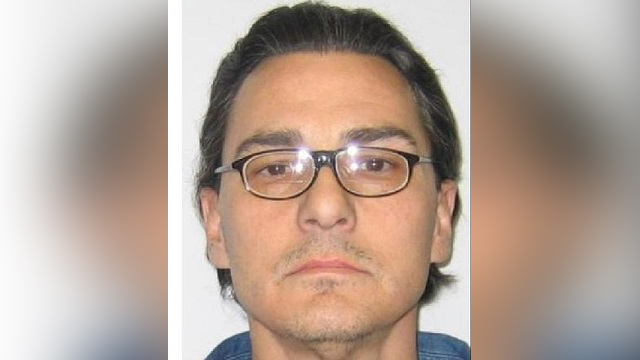PORTLAND, Ore. (PORTLAND TRIBUNE) — A federal judge has ordered that the convicted but arguably cleared killer of former Oregon Department of Corrections Director Michael Francke be released from prison on Friday, June 28.
Frank Gable’s federal public defenders and attorneys for the Oregon Department of Justice were still arguing over all of the conditions for his release when U.S. Oregon District Court Magistrate Judge John Acosta issued his order Thursday morning. Conditions imposed on Gable by Acosta include that will be on federal parole supervision, that he not break any laws, and that he keep the court informed of his address.
Francke was stabbed to death outside his Salem office on Jan. 17, 1989. Gable, a petty Salem criminal, was convicted of the killing by a Marion County jury in 1991 even though no physical evidence connected him to the scene of the crime. Acosta reversed Gable’s conviction on April 18, ruling that he is probably innocent and did not receive a fair trial.

Acosta ordered that Gable be either released or retried within 90 days. The justice department appeal the ruling to the U.S. 9th Circuit Court of Appeals and requested that it be stayed during the appeal. Gable’s attorney’s do not oppose the stay, but requested that Gable be released during the appeal.
The U.S. Bureau of Prisons refused to credit Gable with time served for an unrelated federal firearms charge, however. Oregon U.S. Oregon District Court Judge Michael Simon then vacated the nine-year sentence, clearing the way for Gable to be released without being transferred to a federal prison.
In status reports filed last week, attorneys for Gable and the state agreed on many conditions for his release. Among other things, he would be under federal supervision, not have any contact with any witnesses in his 1991 trial, and would surrender himself to state custody if the appeal reverses Acosta’s ruling.

But the state also wanted Acosta to impose additional conditions opposed by Gable’s attorneys. They included requiring him to wear an electronic monitoring device and agreeing to be extradited to Oregon from Kansas, where he is expected to be living with his wife after he is released, if Gable’s ruling is reversed.